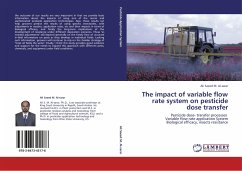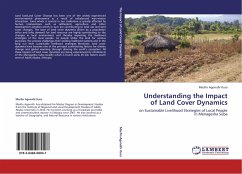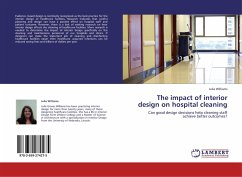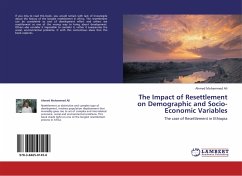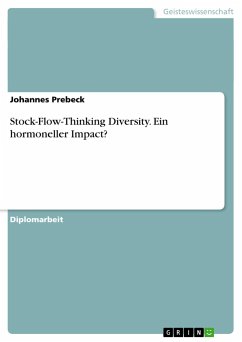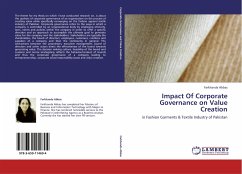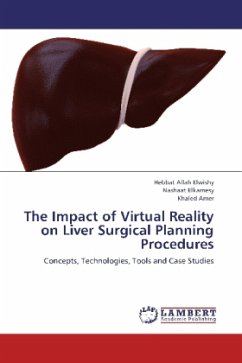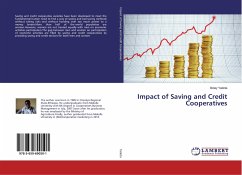the outcome of our results are very important in that we provide basic information about the impacts of using one of the recent and sophisticated pesticide application technologies. Also, these results can help growers predict the results of using specific insecticides, with adjustments in nozzles, application rates, etc and their impacts in terms of biological efficacy, and finally the long-term implications of the development of resistance under different deposition scenarios. These "as needed adjustments" still depend generally on the timely flow of accurate in-field information on pests as they develop in individual fields. Lacking such information, growers will continue to rely on the familiar strategy of "treat all fields the same". Finally, I think this study provides good evidence and support for the needs to expand this approach with different pests, chemicals, and equipment under field conditions.

